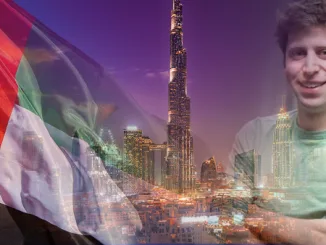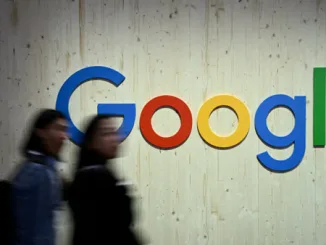
OpenAI’s latest breakthrough, the Sora video-generating model, showcases remarkable cinematographic capabilities. However, recent findings suggest that Sora’s potential exceeds initial expectations, as outlined in a technical paper co-authored by several OpenAI researchers.
The paper, titled “Video generation models as world simulators,” sheds light on key aspects of Sora’s architecture. Notably, it reveals Sora’s ability to generate videos of varying resolutions and aspect ratios, up to 1080p. Moreover, Sora demonstrates proficiency in various image and video editing tasks, including creating looping videos, altering video duration, and modifying backgrounds.
Of particular interest is Sora’s capacity to “simulate digital worlds,” as described by the OpenAI co-authors. In an experiment, Sora successfully rendered a Minecraft-like environment, complete with a corresponding HUD and game dynamics, such as physics, while also controlling the player character.
OpenAI Sora can simulate Minecraft I guess. Maybe next generation game console will be "Sora box" and games are distributed as 2-3 paragraphs of text. pic.twitter.com/9BZUIoruOV
— Andrew White 🐦⬛ (@andrewwhite01) February 16, 2024
So, how does Sora achieve this feat? According to insights from senior Nvidia researcher Jim Fan, Sora operates more like a “data-driven physics engine” than a conventional creative tool. It computes the physics of each object within an environment and generates corresponding visuals based on these calculations.
The OpenAI co-authors posit that such capabilities suggest promising advancements in developing highly-capable simulators of both physical and digital worlds, along with the entities inhabiting them.
Despite its impressive capabilities, Sora has limitations in the realm of video games. It struggles to accurately simulate complex interactions, such as glass shattering, and exhibits inconsistencies in rendering certain actions, like depicting bite marks when a person eats a burger.
However, the paper hints at the potential for Sora to pave the way for more realistic procedurally generated games based solely on text descriptions. While this prospect is exciting, it also raises concerns about the implications of deepfake technology.
Given these implications, OpenAI has opted to restrict access to Sora through a limited access program for the time being. Nevertheless, the ongoing developments surrounding Sora hold promise for future advancements in digital simulation and interactive media.
Source: Techcrunch




